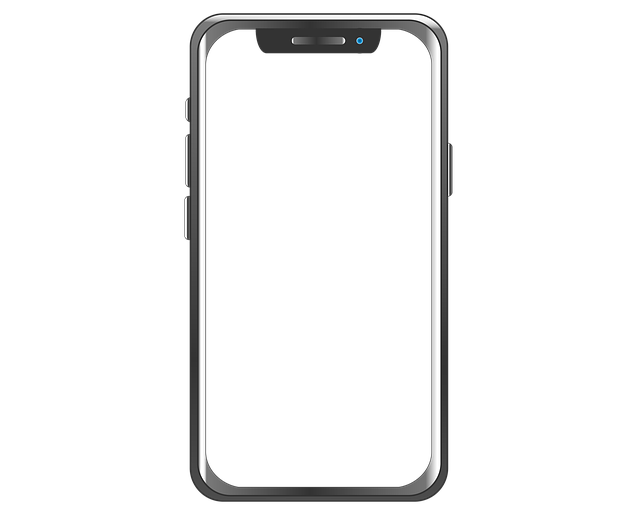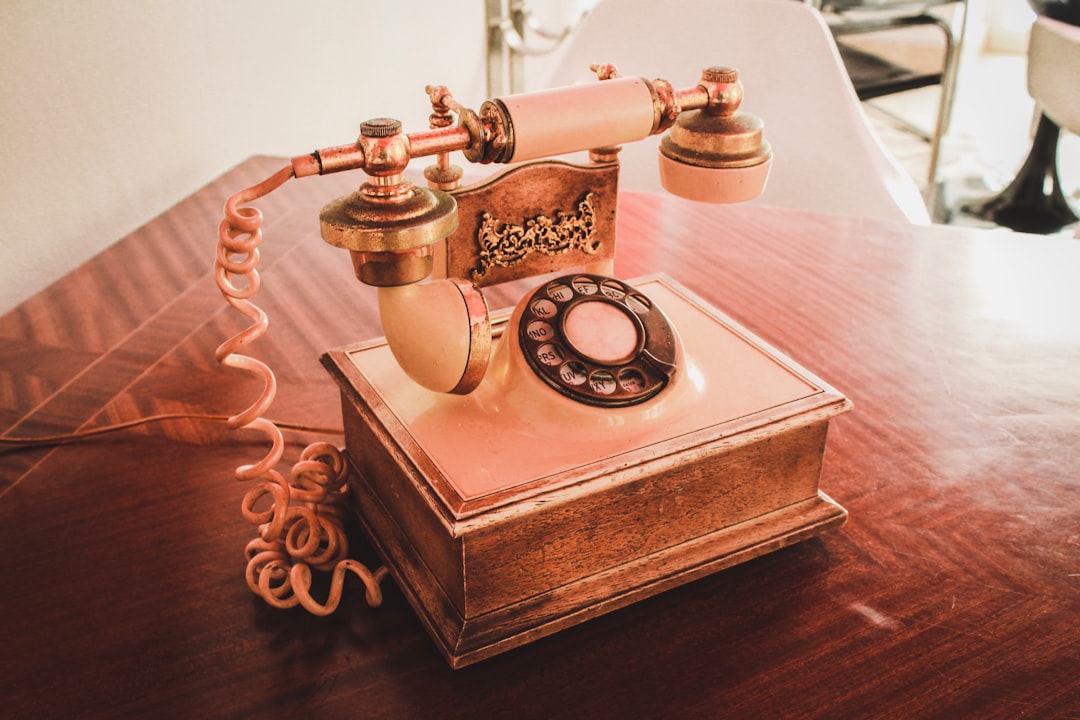South Carolina has strict laws against spam calls (unsolicited automated marketing calls) to protect consumers. Businesses must comply or face legal repercussions. Unwanted robocalls can be reported to the Attorney General's Office, and specialized spam call lawyers in South Carolina can provide guidance and representation to enforce consumer rights and avoid penalties.
In today’s digital era, unwanted phone calls, often referred to as robocalls or spam calls, have become a prevalent nuisance. While some are harmless messages, others can be illegal under South Carolina law. This article explores the legal implications of spam calls in SC, focusing on what makes them legal or illegal. We’ll delve into consumer protections, specific regulations, and guide you on navigating legal action with a dedicated spam call lawyer South Carolina if needed. Understanding these nuances is crucial to recognizing and stopping unwanted phone marketing tactics.
Understanding Spam Calls and Their Legal Implications in South Carolina
In South Carolina, as in many states, spam calls are typically defined as unsolicited telephone marketing calls made with the use of an automatic dialing system or prerecorded messages. These calls often target consumers with the intention to sell products or services. While some spam calls may be harmless or even helpful, others can be invasive and misleading, leading to legal consequences for businesses and individuals engaged in such practices.
If a spam call violates specific laws and regulations, it can become illegal. South Carolina law provides protections for residents against unwanted phone marketing. A person or business that makes spam calls without proper authorization or fails to comply with disclosure requirements may face legal action from recipients. Individuals who receive unsolicited calls can report them to the South Carolina Attorney General’s office, which takes such complaints seriously and has the authority to investigate and take appropriate measures against violators. Engaging a spam call lawyer in South Carolina or consulting with spam call attorneys is advisable for businesses aiming to ensure their marketing practices adhere to local laws, thus avoiding potential penalties and legal complications.
When Does a Robocall Cross the Line into Illegal Territory?
In the realm of telecommunications, robocalls have become a ubiquitous yet often controversial method of reaching potential clients and customers. However, under South Carolina law, there’s a fine line between effective marketing and an illegal spam call. When does a robocall cross this boundary? It primarily depends on consent and purpose.
If a consumer has not given explicit permission for automated calls, it can quickly enter illegal territory. Additionally, the intent behind the call matters; using robotic voices to deliver unsolicited advertising or promotional messages, often known as spam calls, is generally prohibited. South Carolina law demands that businesses respect individual privacy and obtain consent before initiating automated telephone marketing campaigns. Seeking legal counsel from a reputable spam call lawyer in South Carolina can help both businesses ensure compliance and consumers understand their rights regarding these calls.
Consumer Protections Under South Carolina Law Against Unwanted Phone Calls
Under South Carolina law, consumers have protections against unwanted phone calls, commonly known as robocalls, that can help them avoid fraudulent or harassing activities. The state has implemented regulations to curb spam calls and protect residents from deceptive marketing practices. If you’re facing persistent or nuisance calls, knowing your rights is essential.
South Carolina’s Attorney General’s Office plays a vital role in enforcing these laws, offering guidance and resources to help individuals combat spam calls. A lawyer specializing in this area can assist those who have been victims of illegal robocalls by explaining their legal options, seeking justice, and ensuring compliance with the state’s strict anti-spam call legislation. Many law firms in South Carolina focus on consumer rights, including representation against unwanted telemarketing calls, providing a safety net for residents dealing with this modern nuisance.
Navigating Legal Action: Seeking Help from a Spam Call Lawyer in SC
Navigating the legal complexities surrounding robocalls can be daunting, especially when dealing with unwanted and fraudulent calls. If you’ve received spam or scam robocalls in South Carolina, seeking expert legal counsel is a crucial step towards protecting your rights. Engaging a spam call lawyer in SC equipped with knowledge of state laws can significantly enhance your chances of stopping these calls and securing compensation if applicable.
In South Carolina, there are stringent regulations in place to curb spam calls, including the Telephone Consumer Protection Act (TCPA). A reputable spam call attorney South Carolina will understand these laws and be able to guide you through the process of taking legal action. They can help determine if a robocall violates state or federal law, assess potential damages, and represent you in negotiations or court proceedings against the responsible parties. By enlisting the support of a spam call law firm South Carolina specializing in this area, you gain access to specialized resources and expertise designed to tackle these intrusions effectively.






